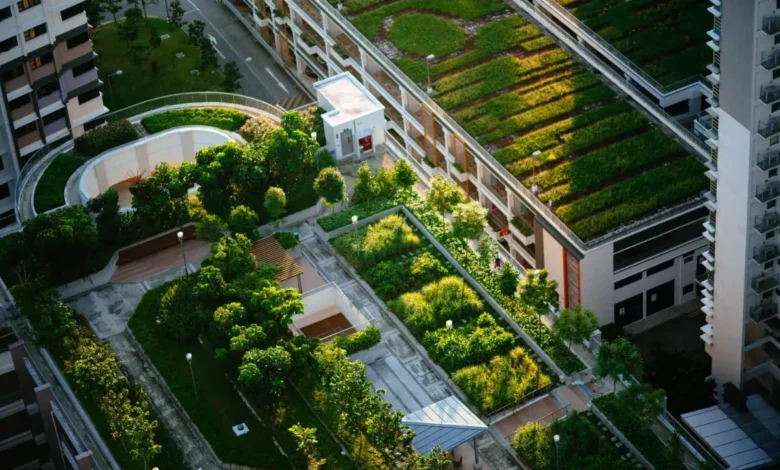The Role of Radiators in Sustainable Commercial Building Design

Sustainability is a priority in commercial building design across the UK. As businesses work to cut costs and meet net-zero goals, heating plays a critical role. To assist with this, efficient radiators are essential in achieving sustainability goals and regulatory compliance.
By choosing modern radiators and integrating them into sustainable systems, you can enhance heat distribution. Making this decision helps you comply with regulations and supports decarbonisation.
Enhancing energy efficiency
Modern radiators use advanced materials and designs for faster heat-up times and more responsive temperature control. This means they require less energy to warm commercial spaces, saving money and reducing emissions. Efficient heat distribution ensures consistent temperatures and, by eliminating cold spots, reduces the need to overheat areas.
You can use radiators designed for low-temperature set-ups to align with updated Part L regulations, which aim to lower energy consumption in buildings. To improve efficiency, replace older radiators and pair new ones with programmable thermostatic radiator valves (TRVs). These allow you to control temperatures by zone and reduce unnecessary heating in unused areas.
Meeting UK sustainability regulations
Heating accounts for a significant portion of carbon emissions, and radiators that meet UK standards can help you reduce a building’s footprint. By adopting compliant radiators, you contribute to the Heat and Buildings Strategy, which focuses on decarbonising heating and achieving net-zero targets.
Choose radiators tested to meet British Standards, such as BS:EN 442-2. This ensures you’re using equipment designed for efficiency and compatibility with modern heating systems. Such investments help you stay compliant, so your business is a leader in sustainability.
Integrating renewable energy sources
Pairing radiators with renewable energy systems, such as heat pumps, makes heating more sustainable. Heat pumps can deliver substantial CO2 savings compared to conventional electric heating and gas boilers. Installing them reduces reliance on fossil fuels and means you can take advantage of government incentives like the Boiler Upgrade Scheme.
Using smart technology
Smart radiators are transforming how businesses manage heating. With IoT-enabled features, you can monitor and adjust temperatures remotely, ensuring less wasted heat output. Integration with building management systems lets you optimise energy use while maintaining comfort. By using data-driven insights, you can fine-tune operations and cut bills.
By choosing the right radiators with modern technologies and a focus on efficiency you can make a tangible difference in costs and carbon emissions.




